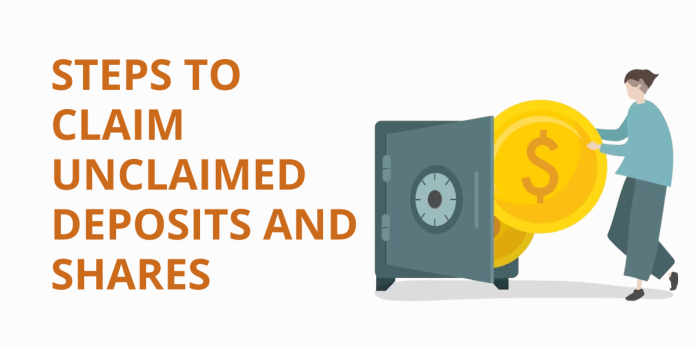In the pursuit of long-term financial stability, individuals often opt for saving and investing their hard-earned money. Among the myriad investment avenues, bank deposits, particularly Term Deposits, have emerged as a popular choice. However, recent data from the Reserve Bank of India (RBI) reveals a staggering Rs 32,125 crore worth of Unclaimed Deposits with Scheduled Commercial Banks (SCBs) as of March 31, 2023. This raises concerns about individuals losing track of their deposits over time, leading to a significant accumulation of unclaimed funds.
Unclaimed Deposits with SCBs
The data indicates a growing trend of unclaimed deposits over the years, with FY23 recording the highest amount at Rs 32,125 crore. Unclaimed deposits, usually inactive for 10 years, are transferred to government funds, supporting financial awareness initiatives. Despite the transfer, the original owners retain the right to claim their funds later.
Banks play a crucial role in facilitating this process by providing lists of unclaimed depositors on their websites. Additionally, the RBI has introduced UDGAM (Unclaimed Deposits Gateway to Access Information), a centralized web service allowing depositors or their nominees to search for unclaimed deposits across various banks in one place.
| Year | Amount (Rs. crore) |
| FY23 | 32,125 |
| FY22 | 29,150 |
| FY21 | 26,500 |
| FY20 | 24,250 |
| FY19 | 22,000 |
Unclaimed Deposits with SCBs
Data as of March 31, 2023
Read: Banking Balancing Act: Private vs Public Sector Banks
Recovering Unclaimed Deposits
To recover unclaimed deposits, depositors, nominees, or legal heirs can visit the respective bank’s website or use the UDGAM portal. The process involves identifying the unclaimed depositors, submitting necessary documentation, and initiating a claim. This proactive approach helps individuals reconnect with their forgotten financial assets.
Unclaimed Shares in the Investor Education Protection Fund (IEPF)
Apart from unclaimed deposits, the financial landscape is dotted with unclaimed shares. The Investor Education Protection Fund (IEPF), managed by the Ministry of Corporate Affairs, holds close to 117 crore unclaimed shares valued at more than Rs 50,000 crore. These include dividends on unclaimed shares, with a mandatory transfer to the IEPF if unclaimed for more than seven years.
IEPF Authority
The Investor Education and Protection Fund Authority (IEPFA) was established to safeguard investor interests and promote awareness. The IEPF accrues funds from various sources, including dividends, matured deposits, and application money that remains unclaimed for seven years. Claiming shares from the IEPF involves a regulated process overseen by the IEPF Authority.
Equity shares/dividend claiming process
- Eligibility Check: Potential claimants must verify whether the shares can be claimed from the IEPF.
- Form Submission: Claimants need to download and fill out Form IEPF-5 from the IEPF website.
- Documentation: Alongside the filled form, claimants must submit necessary documents to the Nodal Officer of the concerned company for verification.
- Verification Report: The company is obligated to send a verification report to the IEPF Authority within 15 days of receiving the claim.
Protecting Investor Money
The stringent process for claiming and searching unclaimed shares and debentures is designed to safeguard investor money from potential fraud. Instances of fraudsters claiming forgotten shares from companies prompted the establishment of a fool-proof process to ensure the rightful owners reclaim their assets.
As individuals navigate the complex web of forgotten financial assets, initiatives like UDGAM and the IEPF Authority play a crucial role in reuniting individuals with their unclaimed wealth. By staying informed and engaging with the available tools and processes, individuals can secure their financial stability and ensure that their hard-earned money doesn’t remain dormant and forgotten.


